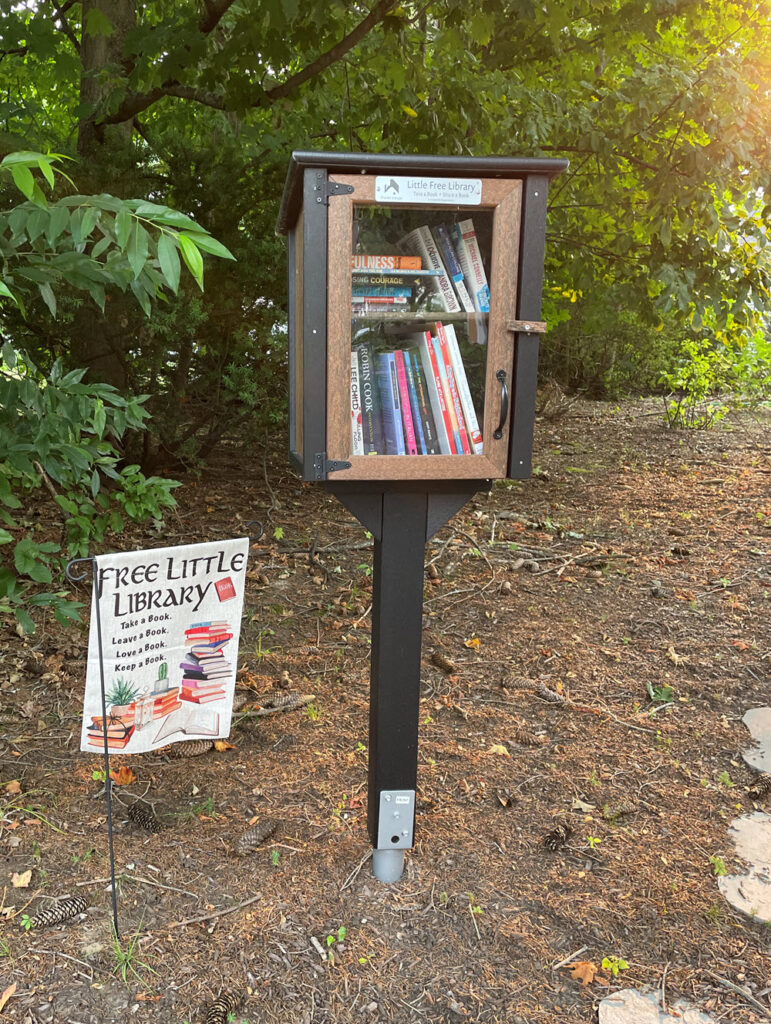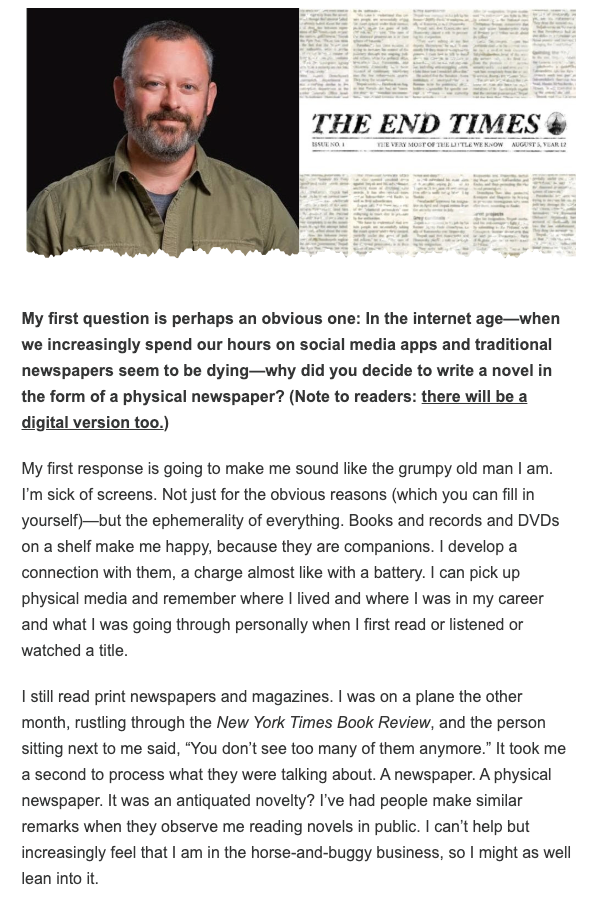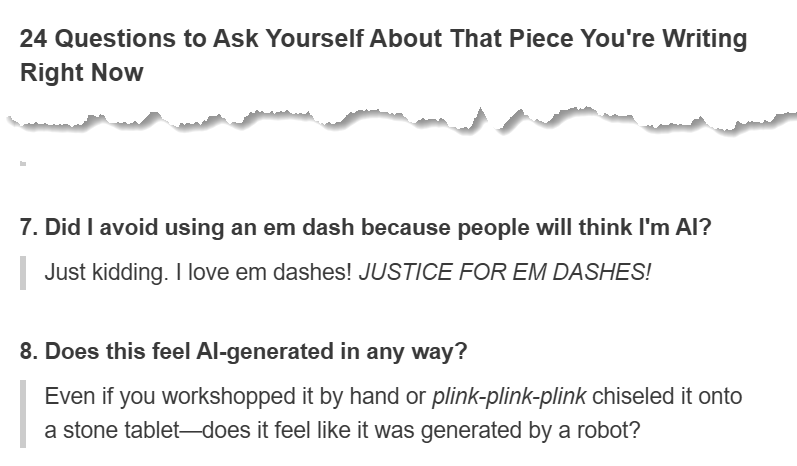Confession: I’ve written all my books in Microsoft Word
For my day job, I write almost everything in Google Docs, because of the easy sharing and collaboration. But I’ve always written my books in Microsoft Word. Back in 2011 when I started writing my first book, I looked at Scrivener, which was the No. 1 book-writing tool at the time. I wasn’t that impressed.
Today, I know there are many more alternatives to Word, including Atticus, Bibisco, Living Writer, Squibler, and Ulysses. (Kindlepreneur has a good comparison article.) But I’m still skeptical about whether any of them are worth it.
I’m not into timers. Too stressful.
Drag-and-drop chapters and sections? Copy and paste work just fine.
And I know that word count goals are a big deal to many, but they’re not for me. I feel just as fulfilled when I complete some key research, cut 100 words, or do some other vital task that doesn’t rack up the word count.
Word seems good enough-ish
Even though Word’s spelling and grammar checks are absolute garbage, it offers extensive formatting options and plenty of organizational hacks. For instance, I use headers for each chapter, and then keep the Navigation pane open to easily jump to a particular chapter. In that header, I include the chapter number, the latest word count, and a one-line description of the chapter’s action.
And then when it comes time to share with an agent or editor, Word is the format everyone expects.
Am I missing out?
Writers, if you use something other than Microsoft Word, what do you use and do you like it? What features do you find the most indispensable? Please comment and let me know.
To receive future posts or to become a Patron and support my dystopian sci-fi novel and get special thank-you goodies upon its publication, subscribe on Substack →


